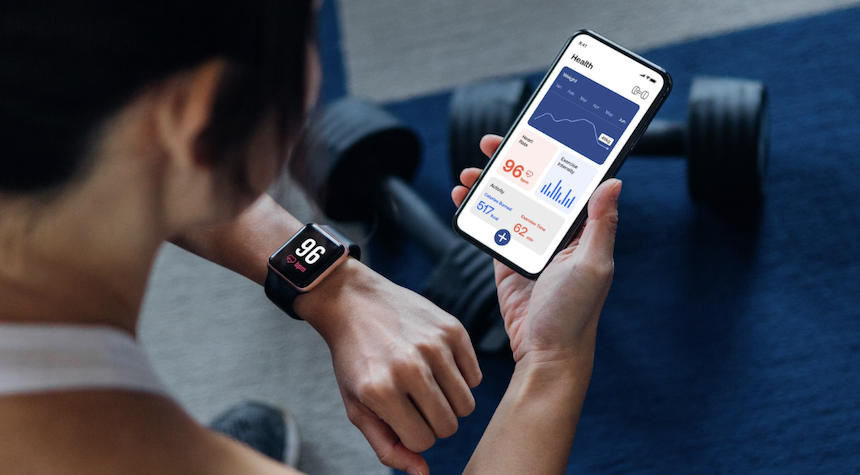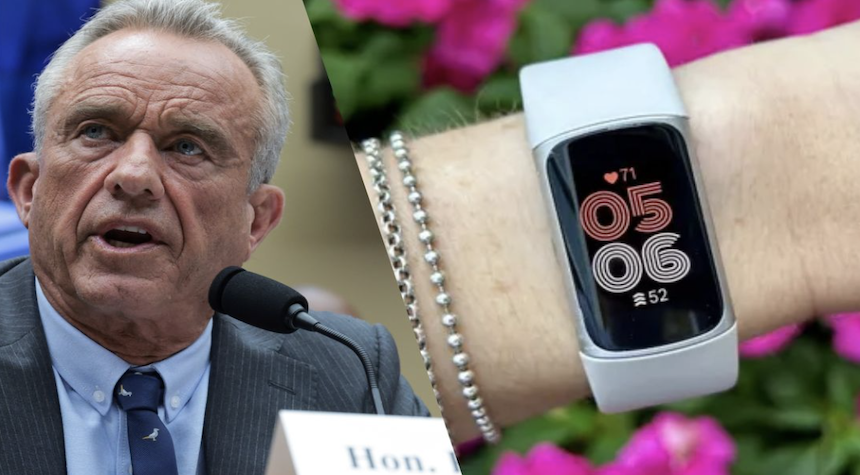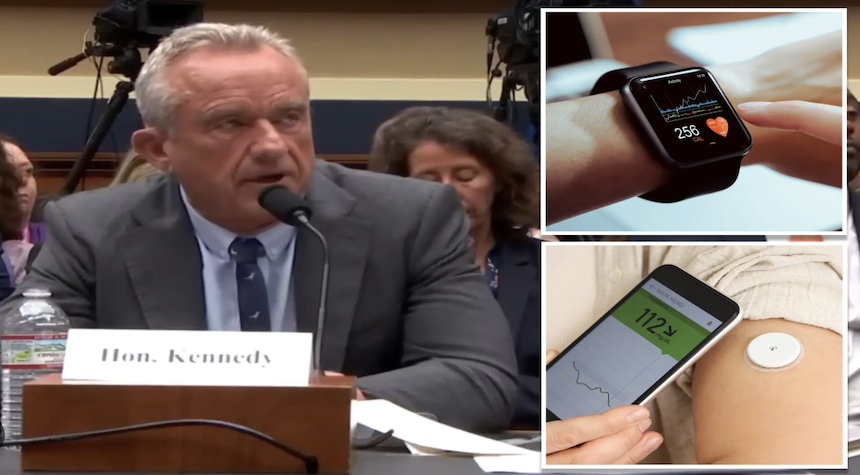Health and Human Services Secretary Robert F. Kennedy Jr. has recently announced a campaign to promote the use of wearable technology among all Americans as a means to monitor health metrics. The objective of this initiative, in Kennedy’s words, is to enable individuals to take control of their health.
Wearable technology, which includes devices such as watches, bands, rings, patches, and specially designed clothing, provides users with information about their glucose levels, heart health, activity levels, and sleep patterns. Kennedy envisions a future where every American is equipped with a wearable device within four years.
Digital medicine experts uphold the potential benefits of wearables. They argue that these devices can motivate increased physical activity, which in turn could mitigate the risk of adverse health outcomes. However, these experts have also pointed out that not everyone necessarily needs a wearable device, and that there are potential risks involved, particularly in the realm of data security.

Professor Nabil Alshurafa of Northwestern University in Illinois argues that the main advantage of wearables lies in their potential to motivate behavioral changes. This sentiment is supported by a July 2022 study suggesting that wearables can empower patients and assist with diagnosing conditions, changing behaviors, and self-monitoring.
Despite these potential benefits, there are valid concerns. Experts note that there is a lack of substantial evidence demonstrating long-term benefits of wearables. Also, privacy issues arise due to the substantial amounts of data generated by wearables, with potential for misuse. Dr. David McManus, Professor of Medicine at UMass Chan Medical School, has highlighted the risk of data compromise in the event of a database hack.
Moreover, a 2019 JAMA Viewpoint article raised the concern that the data collected by these devices could be used against policyholders, resulting in increased insurance premiums or even denial of insurance. This reinforces the significance of recognizing the potential drawbacks and risks associated with the widespread use of wearable technology.

Despite Secretary Kennedy’s endorsement of wearables, questions have been raised about his connections. U.S. surgeon general nominee Casey Means, co-founder of Levels, an app that tracks biometric data, is a relevant figure in this respect. Furthermore, Calley Means, an adviser to Kennedy, has a business interest in the realm of health tech, potentially benefiting from increased wearable usage.
On a concluding note, Professor Alshurafa reminds us that not everyone needs a wearable, and that usage should depend on the individual’s health condition and goals. According to him, once a patient’s health improves, they may no longer need the device. An important reminder of the necessity to balance public health initiatives with individual needs and data security concerns.

